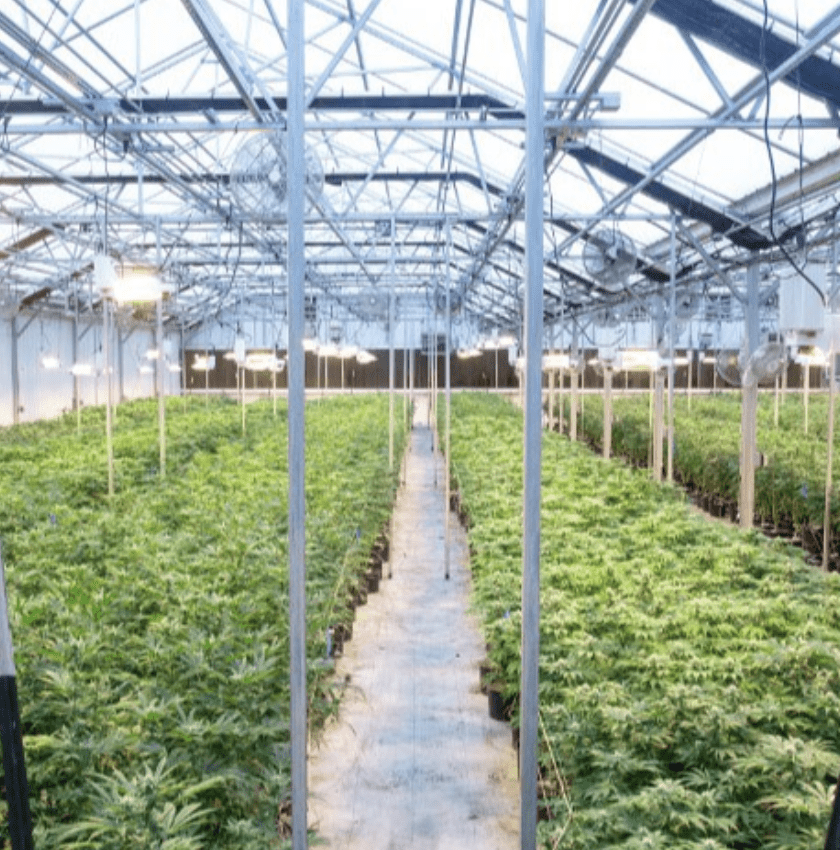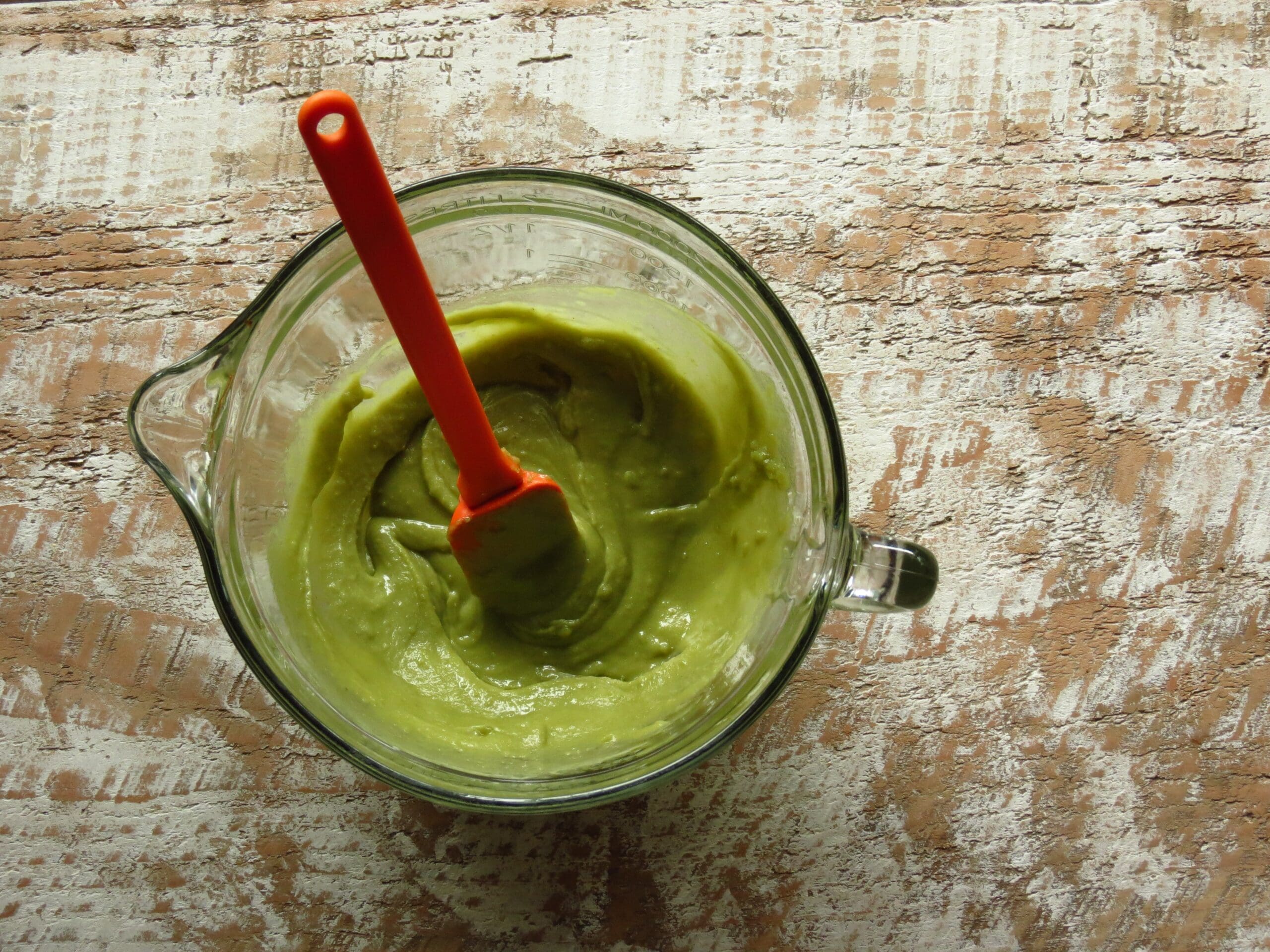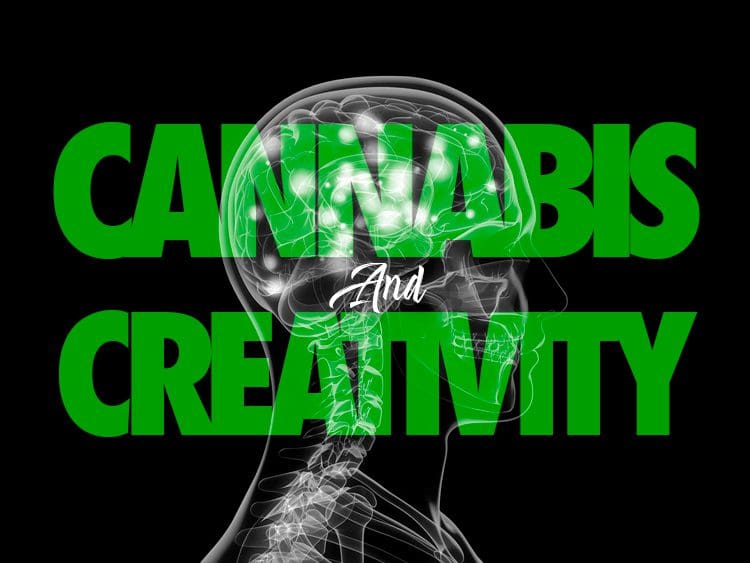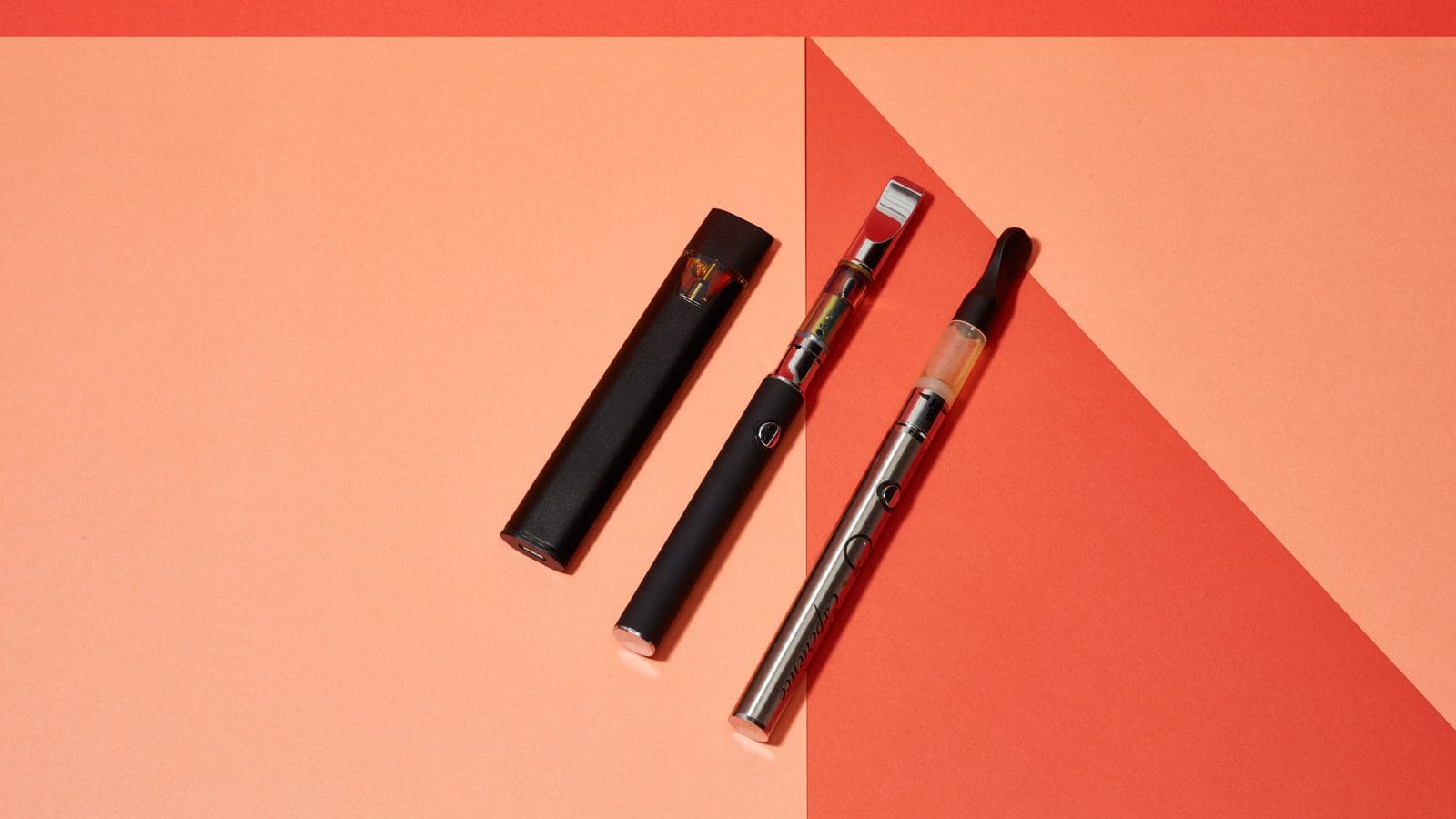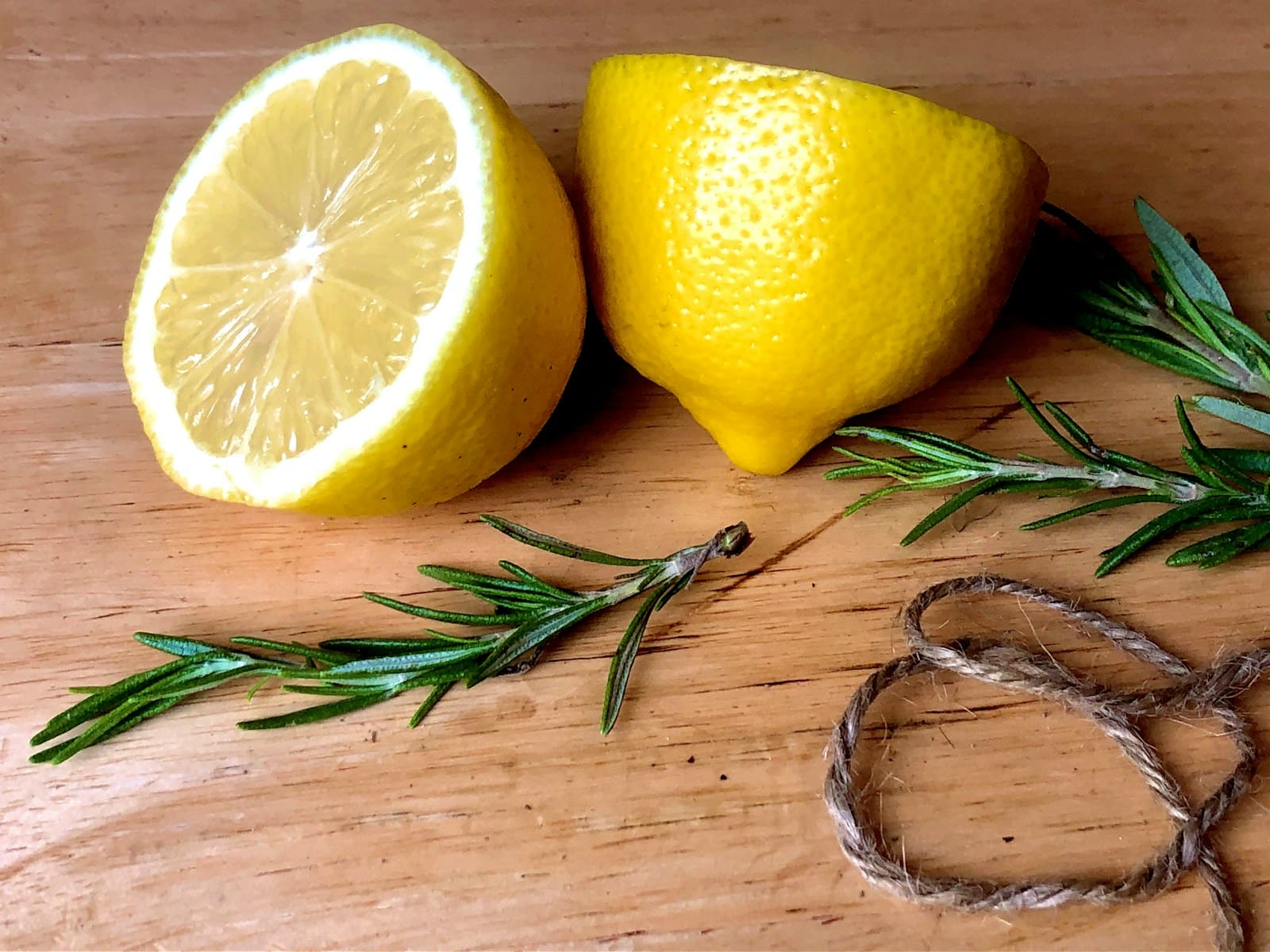Cannabis, once a misunderstood taboo, has emerged into the spotlight as a natural remedy with growing recognition for its potential health benefits. With the increasing legalization, both medically and recreationally, across the United States and beyond, more people are curious about what cannabis can offer. Is it worth incorporating into your wellness routine? And if so, what benefits can you expect?
This guide dives into the studied and emerging health benefits of cannabis, shedding light on its potential as a modern wellness tool.

Understanding the Basics of Cannabis
Before exploring its benefits, it’s important to understand what cannabis is and how it interacts with our bodies.
Components of Cannabis
The cannabis plant contains over 120 naturally occurring compounds, known as cannabinoids, but the two most studied are:
- THC (Tetrahydrocannabinol): The psychoactive compound responsible for the “high” sensation.
- CBD (Cannabidiol): A non-intoxicating compound known for its therapeutic properties, often used for medical purposes.
How It Works
Cannabis interacts with the endocannabinoid system (ECS) in the human body, which plays a role in regulating functions like sleep, appetite, mood, and pain. Cannabinoids from cannabis join this system, influencing receptors in our brain and body to produce various effects.
Seven Proven Health Benefits of Cannabis
While science and research continue to evolve, here are seven key areas where cannabis has shown promising results:
1. Relief for Chronic Pain
Chronic pain affects nearly 20% of Americans, with many turning to cannabis as an alternative to opioids or over-the-counter NSAIDs (like Tylenol or Advil). Studies suggest that THC and CBD can significantly reduce neuropathic pain and inflammation, helping those with conditions like arthritis, sciatica, or fibromyalgia.
Example use case: Feedback from users often highlights regaining the ability to participate in daily activities they once loved, pain-free.
2. Eases Muscle Spasms and Neurological Pain
Cannabis shows great promise in managing muscle spasms and nerve pain related to Multiple Sclerosis (MS) and Parkinson’s Disease. Small doses of THC have been shown to reduce spasticity, while higher doses provide further relief from tremors.
Additionally, a 2013 study found that both THC and CBD can improve pain management for neurological disorders without heavy sedation.
3. Helps Manage Nausea and Appetite
Cannabis has long been a go-to for managing nausea, especially in patients undergoing chemotherapy. It not only eases nausea but also increases appetite, combating malnutrition and weight loss for cancer and HIV/AIDS patients.
Interestingly, specific strains with higher THCV levels (a cannabinoid found in cannabis) may help with weight management, blocking munchie cravings while promoting better focus and energy.
4. Reduces Anxiety and PTSD Symptoms
Research highlights promising benefits for individuals with anxiety disorders and Post-Traumatic Stress Disorder (PTSD):
- Studies have found that specific strains of high-CBD cannabis can reduce feelings of anxiety and stress without producing a “high.”
- For PTSD, cannabis helps to block memory retrieval of traumatic events, reducing the intensity of nightmares and flashbacks.
Pro tip: Pair the right strain with dosage control to avoid triggering further anxiety, especially with high-THC strains.
5. Provides Anti-Inflammatory and Arthritis Relief
Thanks to its strong anti-inflammatory properties, cannabis helps soothe swollen joints and tenderness caused by arthritis. Topical creams infused with THC or CBD can offer targeted relief without intoxication, perfect for those new to cannabis.
Why it works: Cannabinoids reduce inflammation by interacting with immune cells, offering a safer alternative to frequent NSAID use.
6. Aids in Alcohol and Addiction Recovery
Emerging studies suggest that cannabis, particularly CBD, may help individuals recovering from alcoholism or drug addiction by:
- Reducing cravings.
- Lessening withdrawal symptoms.
- Acting as a safer alternative for harm reduction.
CBD’s non-intoxicating and non-addictive nature makes it a promising option, though further research is needed.
7. Neuroprotective Benefits for Alzheimer’s Patients
Cannabis is gaining attention for its potential neuroprotective properties, particularly in treating Alzheimer’s symptoms. THC has shown promise in reducing inflammation in the brain and preventing the buildup of amyloid plaques (a characteristic of Alzheimer’s disease).
By improving mood, reducing aggression, and helping with sleep, cannabis can improve the quality of life for both patients and caregivers.
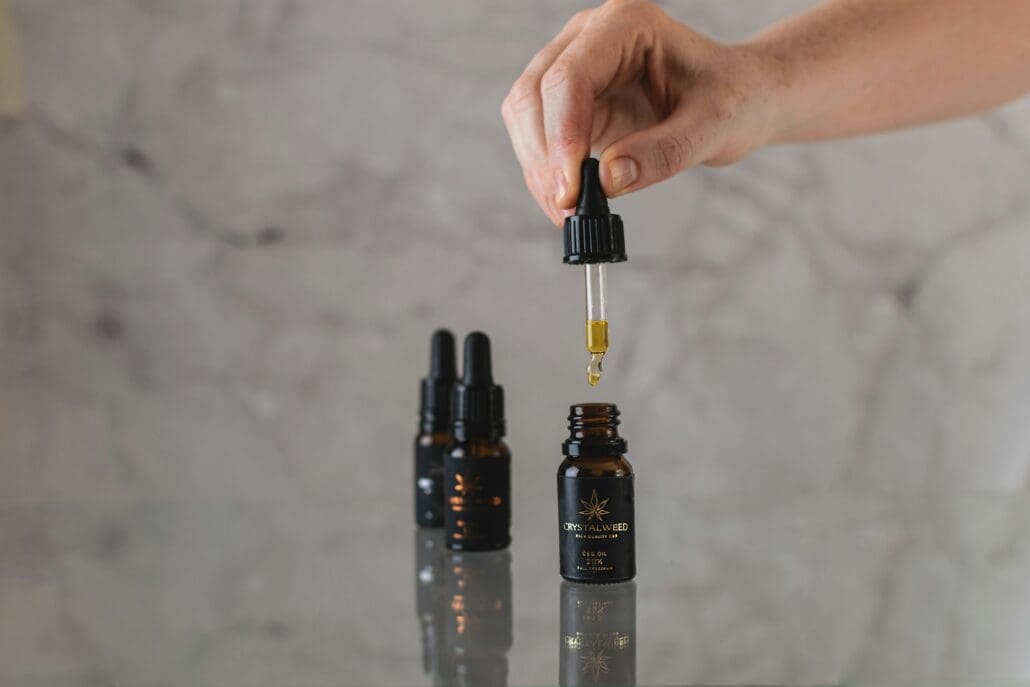
Healthy Ways to Enjoy Cannabis
Gone are the days when smoking was the only option. Modern cannabis comes in a variety of forms tailored to meet individual preferences and health goals:
- Edibles: From infused chocolates to low-dose gummies, edibles provide long-lasting effects without inhalation.
- Topicals: Cannabis creams and lotions target local pain or inflammation without producing a high.
- Tinctures: Ideal for under-the-tongue use, tinctures offer fast-acting relief in precise doses.
- Vaping: Vaporizing cannabis allows for smoother inhalation, with effects faster than edibles but gentler compared to smoking.
Finding Your Best Fit: Explore “low and slow” methods. Whether it’s a microdose gummy or a CBD tincture, begin with a small quantity and gradually adjust until you find your sweet spot.
Is Cannabis Right for You?
While cannabis has many well-documented health benefits, it isn’t a one-size-fits-all solution. Several factors to consider include:
- Your health condition and symptoms.
- Legal status in your region.
- Whether you’re prioritizing THC’s euphoric effects or CBD’s therapeutic relief.
Key Point to Consider
About 75% of Americans have some form of legal cannabis access, whether for personal or medical use. This expanding legality offers greater avenues for exploring whether cannabis might enhance your wellness.
For more insights into cannabis and how it could fit your specific needs, lean on professionals.
Making an Educated Choice
The surge in cannabis-based wellness is fueled not only by anecdotal reports but also by rigorous scientific research. Whether you’re managing chronic pain or looking for a natural alternative to reduce anxiety, cannabis provides a new dimension to holistic health care.
Need personalized recommendations? Swing by and talk to one of our expert budtenders. With their knowledge, you’ll discover the perfect strain or product to support your wellness goals.


